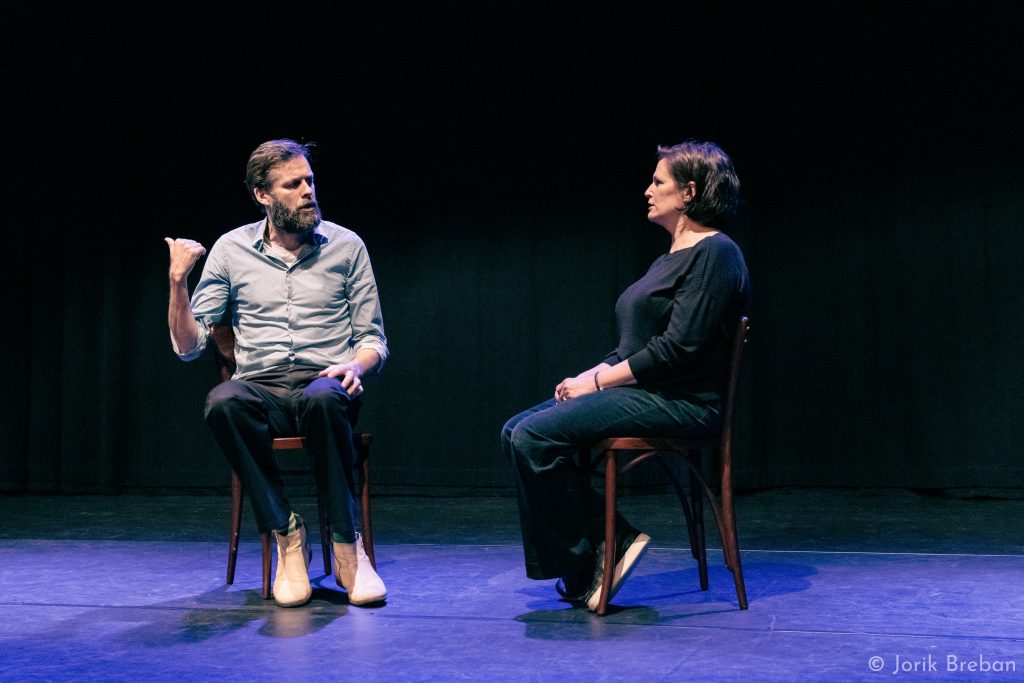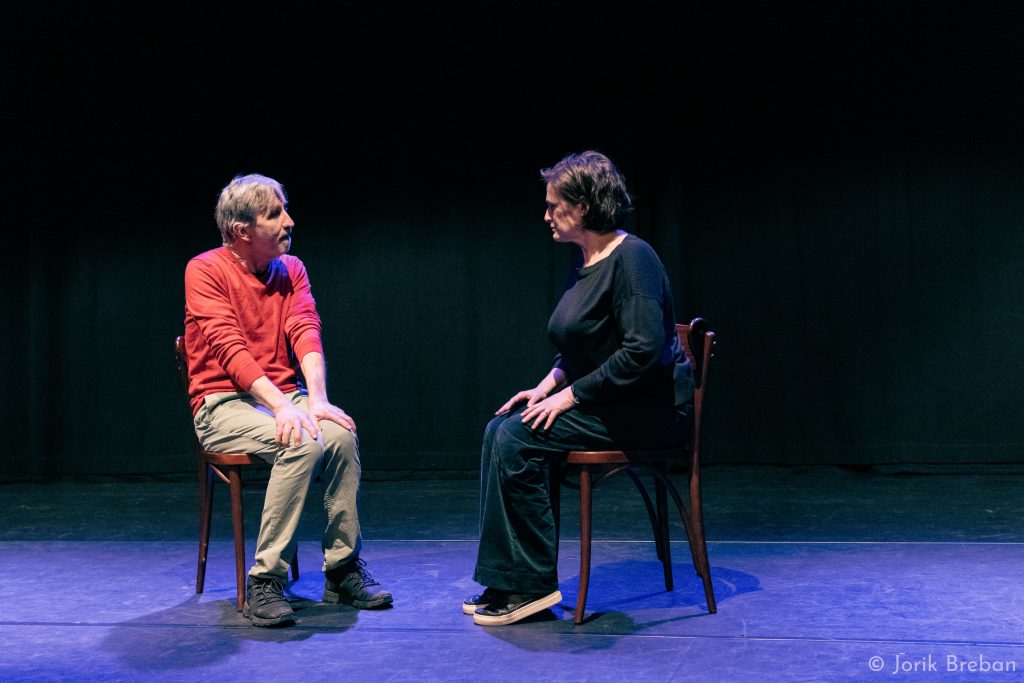Just Say It, is the title of one of our most requested performances. It is about speaking up and speaking out, about developing an open and continuous feedback culture in organizations, about deep listening and about the power of emotions and vulnerability in it.
September feedback month it seems. Our calendar is full of performances and trainings on feedback, sometimes flanked by the keynote Feedback that sticks by Ingrid Crollet.
Wonderful to be able to take such an extended ride on one of my hobby horses. The key question that clearly emerges is, "Mother, why are we silent?"
What I draw hope from in general is that we may quietly put them in the past tense, it seems. For there is no longer as loud a voice as in the few decades before. Are we waking up from the zombie slumber of consumerism? Are we finally putting on some hippie clothes again?
#metoo, #blm, the almost daily stories about abuse of power in organizations, whistleblowers like Thomas Goorden, journalism like Apache, ... are movements and people who show how much damage is done by (remaining) silent, and they break it. At this very moment, the documentary Godforsaken is a gruesome, but so needed example of that. Kudos to the makers.
Yet in everyday situations, there is still often silence where there should be speech. Why is that? One answer to the question is at once simple and complex. We remain silent because patriarchal neoliberal powers find it very convenient for the status quo. And that silence those systemic powers pushed and push everywhere in upbringing and education, wrapped with snares of courtesy and ways.
In workshops, we encounter those ingrained "scripts" in people. Even if it's just about giving honest feedback to a colleague about something. (And what on earth is the use of letting someone muddle through, not saying anything about it, but gossiping about it...?)
- Surely it's not for me to say.
- Speaking is dangerous, that can explode in my face like a boomerang.
- I don't know how the other person is going to react.
- I don't want to hurt the other person.


Looking at this rationally often shows that the specific speech at that moment is not so bad at all, on the contrary. Often, in addition to the ingrained thought patterns, there is a lack of emotion skills. Of course, this is because the whole world of emotions is already so conveniently pushed away, especially from professional circles. Jeroen Olyslaeghers formulates this very aptly: "Suspecting emotions is also soothing nonsense, fezelen from on high."
Emotions will be expressed along with unsolicited speech Classified in the same damn corner of quasi hysterical. For those who don't already know, the word hysterical comes from womb. Patriarchal powers invariably creep into language.
Sometimes when choosing not to speak, another force comes into play. The power of - sometimes selfish - comfort. People then sometimes falsely lavish themselves on such sayings as Speaking is silver, silence is gold. Or they find people who speak up to be too much, too loud, too present, too emotional and therefore ... not professional. Or something like pseudo-introversion is frowned upon. (Alarm bells go off for me in some cases when someone feels psychologically unsafe because someone else is speaking up.)
Alain put down a character yesterday who said it very pointedly, "Introverts here are just seen as heftier and braver, and they need to be oi and ai protected from those evil mean extroverts!"
Nevertheless, when you support unjust or unhealthy power systems by guarding your own comfort, it is not neutral. All fine sayings notwithstanding.
Silence is not gold.
Listening is gold.
Listening also means: helping people speak. Because speaking is not easy, given the deeply ingrained patterns of silence that many people are filled with.
Listening also means: helping to stop being silent. Helping to say what needs to be said.
People often say, "But I don't know how to say it." That, too, is a script: the idea that you can only speak if you have the absolutely right does. And it's another reason why so many people don't speak up.
A student drew a great conclusion from a workshop this week:
"It's better to give smushing feedback than no feedback."
And that applies to all types of speech. Conversely, then, listen to people's intent, examine it, question it. Don't be afraid of some cutting or emotion.
Take real time when it comes to serious matters, sit down.
And don't forget to smile when it comes to light issues. It's just people being people in those cases. Listen beyond the smirking.
That's gold.
>>> TIP: Communicating with Body, Love and Guts - a workshop on authentic and resilient speaking and listening, on Jan. 24, 2024
photo: Lee De Koker is a player at TIM Theater and a nurse advocate for spontaneity in healthcare

